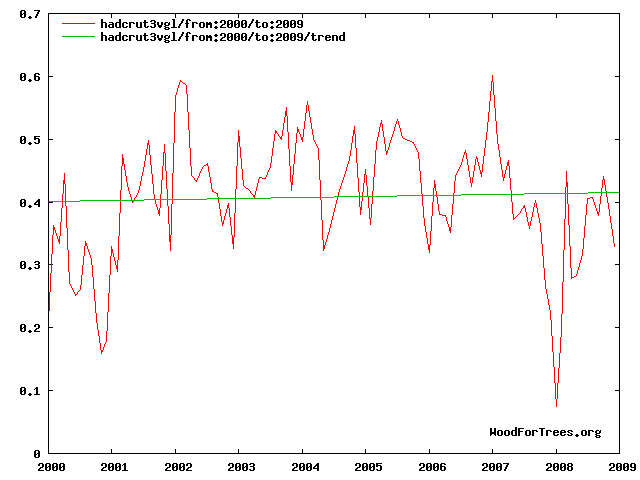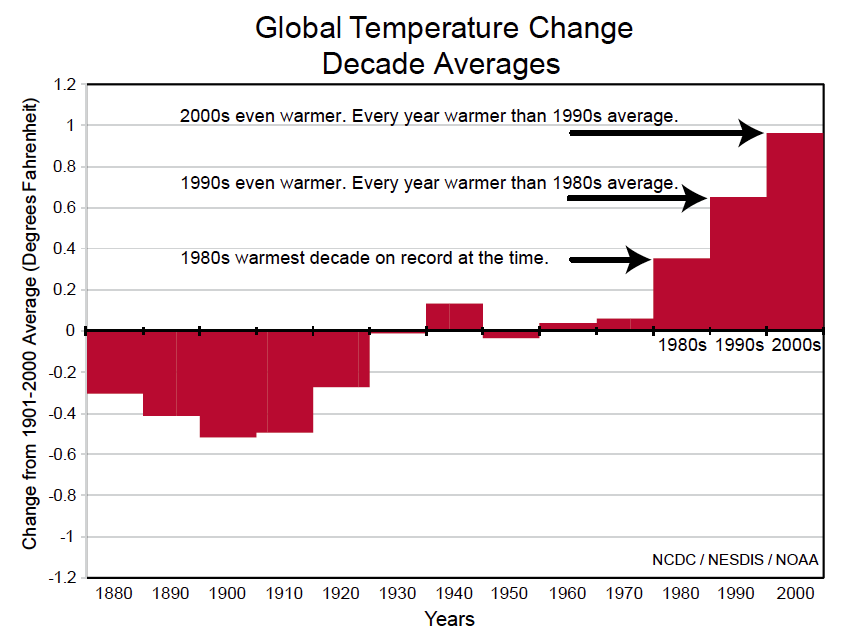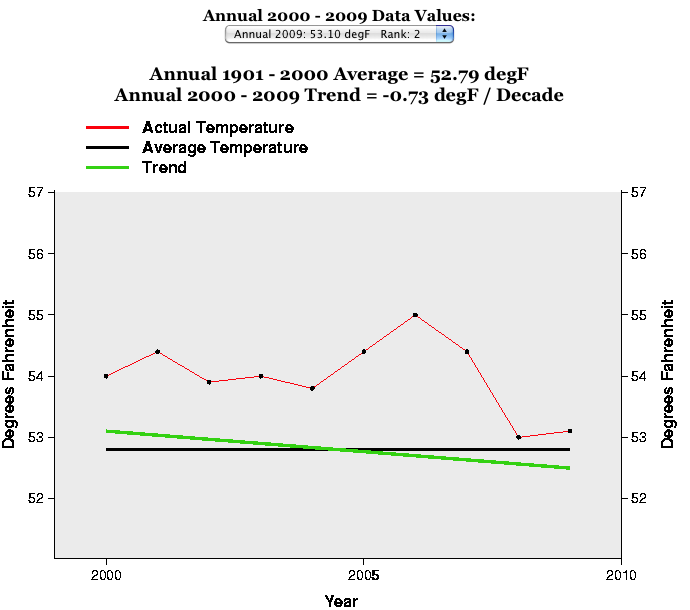-
 Moderator
Moderator
 Obama raising min wage- what do you think? : Nominated Post
Obama raising min wage- what do you think? : Nominated Post
Originally posted on 02/16/2014:

Originally Posted by
Thor4140

Oh really Nash u shut me down lol. First time i read this post. Lets start with Gore. Gores big problem is that he is the messenger for climate change.
So it's climate change now, and not global warming?
Which is it?
The Al Gore alarmists don't call it global warming anymore is, because, it't not warming, and they know it.
Al Gore? You want to go to war with Al Gore? He's a kook. He's such a kook after year six, even Bill Clinton couldn't stand him anymore.
Clinton refused to even endorse Gore, or campaign for him.
This is a direct quote from Bill Clinton "Al Gore is in neverland"
Clinton said that. Not Fox News, not Rush, Clinton.
Thor? Do you know who Phil Jones is?
Thor? Are you familiar with Climategate?
Do you know 31,000 (that's thirtyone thousand!) sciencetist say there is no global warming proof.
Here
http://ossfoundation.us/projects/env...ncing-evidence
Thor, why do you continue to get schooled by me.
Do you like forum embarrassment?
The recent report by the National Oceanic and Atmospheric Administration claims that surface temperatures have increased in the past decade. In fact, the NOAA report, “State of the Climate in 2009,” says 2000-2009 was 0.2° Celsius [1] warmer than the decade previous. However, the report’s summary, as shown in Figure 1 below, shows a decadal increase of only .2° Fahrenheit (.11°C) based on 20th century temperatures.
The press release was so splashy it made the front page of Toronto’s Globe and Mail with the headline: “Signs of warming earth ‘unmistakable’.”
Of course, given that the planet is in an interglacial period, we would expect “unmistakable” signs of warming, including melting glaciers and Arctic ice, rising temperatures, and rising sea levels. That’s what the planet does during an interglacial.
Furthermore, we’re nowhere near the peak reached by the interglacial of 125,000 years ago, when temperatures were 1-3°C higher than today and sea levels up to 20 feet higher, according to the Intergovernmental Panel on Climate Change itself. In other words, the Globe might as well have had a headline reading “Signs of changing weather ‘unmistakable’.”
Similarly, the NOAA report laments: “People have spent thousands of years building society for one climate and now a new one is being created – one that’s warmer and more extreme.” The implication is that we can somehow freeze-dry the climate we’ve got to last forever, which is absurd.
Sea levels have risen 400 feet in the past 15,000 years, causing all kinds of inconvenience for humanity in the process-and all quite naturally. As the interglacial continues, sea levels will rise and temperatures will increase-until the interglacial reaches its peak, at which point the planet will again move toward glacial conditions. To think that we can somehow stop this process is insane.
Even die-hard alarmists admitted 2000-2009 cooling
But what about the NOAA claim that the surface temperature increased .2°C during 2000-2009? Although they did everything possible to hide this information from the public, media, politicians, and even fellow scientists, by the late 2000s even die-hard alarmists were eventually forced to accept that the surface temperature record showed no warming as of the late 1990s, and some cooling as of about 2002. In other words, overall, for the first decade of the 21st century, there was no warming and even some cooling.
One of the consistent themes in the Climategate emails was consternation that the planet wasn’t warming as expected by the models (that is, as Figure 1 shows, about half of the .2°C per decade expected by the climate models). For example, as early as 2005 the then-head of the Climatic Research Unit (CRU), Phil Jones, wrote in an email: “The scientific community would come down on me in no uncertain terms if I said the world had cooled from 1998. OK it has but it is only seven years of data and it isn’t statistically significant.”
Fellow Climategate emailer and IPCC contributor Kevin Trenberth wrote to hockey-stick creator Michael Mann in 2009: “The fact is that we cannot account for the lack of warming at the moment and it’s a travesty that we can’t.” [italics added] Note the date: 2009, the last year of the decade. As far as Trenberth knew-and he should have known as a leading IPCC author-the planet hadn’t warmed for several years up to that time.
Even Tim Flannery, author of the arch-alarmist The Weather Makers, acknowledged in November 2009: “In the last few years, where there hasn’t been a continuation of that warming trend, we don’t understand all of the factors that creates Earth’s climate, so there are some things we don’t understand, that’s what the scientists were emailing about. … These people [the scientists] work with models, computer modeling. When the computer modeling and the real world data disagree you have a problem.”[3] [italics added]
Jones tries for climate honesty
Yes, you do have a problem, to the point where, in February 2010, after he’d been suspended as head of the CRU following the Climategate scandal, and in an attempt to restore his reputation as an honest scientist, Jones came a bit clean in an interview with the BBC. For example, Jones agreed with the BBC interviewer that there had been “no statistically significant warming” since 1995 (although he asserted that the warming was close to significant), whereas in his 2005 email he was at pains to hide the lack of warming from the public and even fellow researchers. The next figure shows the Hadley temperatures from 2000-2009, with the trend line (virtually flat) shown in green.

Jones admitted that from 2002-2009 the planet had been cooling slightly (-0.12ºC per decade), although he contended that “this trend is not statistically significant.” In short, as far as Jones knew in February 2010-and as the keeper of the Hadley-CRU surface temperature record he was surely in a very good position to know-the planet hadn’t warmed on average over the decade.
In the BBC interview, Jones calculated the overall surface temperature trend for 1975 to 2009 to be +0.16°C per decade. Since that includes the warming years 1975-1998, it seems incredible that NOAA could manufacture a warming of 0.2°C for 2000-2009, especially given this graph from the 2009 NOAAreport summary, which shows a 21st century warming of only .2° Fahrenheit (1.1°C):

To show this level of warming, NOAA must have included lead-up to the January-March 2010 El Nino. A surge in warming at the end of the decade would tend to pull the 2000-2009 average up, but this doesn’t negate the fact that for almost all of the last decade, the planet did not warm.
NOAA’s U.S. temperatures contradict 2009 report
Curiously, another part of the NOAA website directly contradicts the NOAA report. On its site, NOAA offers a gadget that lets browsers check the temperature trend in the continental United States for any two years between 1895 and 2010. Here’s what the graph shows for the years 2000-2009 in the United States:

This graph shows a temperature decline of 0.73°Fahrenheit (-0.4°C) for 2000-2009 in the U.S. To get a perspective on how large a decline this is: the IPCC estimates that the temperature increase for the whole of the 20th century was 1.1°F, or 0.6°C. In other words, at least in the United States, the past decade’s cooling wiped out two-thirds of the temperature gain of the last century.While the U.S. isn’t, of course, the whole world, it has the world’s best temperature records, and a review of the NOAA data since 1895 shows that in the 20th century the U.S. temperature trends mirrored, quite closely, the global temperature trends. So, for example, between 1940-1975, a global cooling period, the NOAA chart showed a temperature decline of 0.14°F (-0.07°C).
In other words, it stretches credulity to the breaking point to believe that the global temperature trend from 2000-2009 could be a full 0.6°C—more than half a degree Celsius—higher than the temperature trend for the United States (that is, -.4C + .2C).
Until NOAA issues a correction (which isn’t likely), the cooling of the past decade—which has been such an embarrassment to the hypothesis that human-caused carbon emissions will cause runaway warming—is gone, conjured away by a wave of the NOAA climate fairy’s magic wand.
Notes
[1] In the full report, page S19, NOAA claims warming of .2°C for the last decade over 1990-1999. In page 5 of the report summary, as shown in the figure, the increase per decade based on the 20th century average is shown as .2° Fahrenheit, or .11°C. However, even the latter figure seems high based on the lack of warming for most of 2000-2009.






 Reply With Quote
Reply With Quote